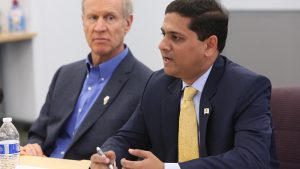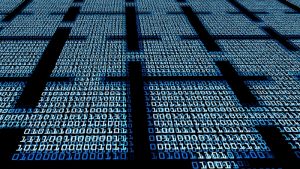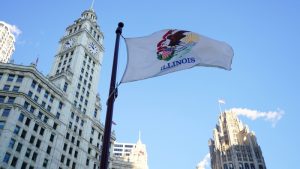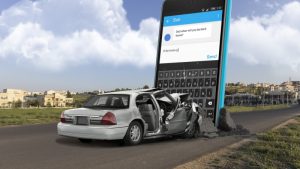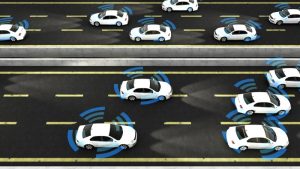Hardik Bhatt is stepping down from his role as Illinois’ CIO to move to the private sector–joining Amazon in a public sector-facing role. To fill Bhatt’s shoes, current state CISO Kirk Lonbom is stepping up as interim CIO. Lonbom has worked in Illinois state government for more than a decade, and became state CISO in 2015.
Illinois CIO Hardik Bhatt announced that he is leaving the public sector for a new role at Amazon. While he didn’t discuss specifics of his new role, Bhatt said he would be joining a new public sector-facing team primarily focused on the Internet of Things (IoT), transportation, and smart cities.
Blockchain isn’t new, but state and local governments’ interest in it is fairly recent. And for many state and local government leaders, even those in tech, blockchain is still shrouded in mystery and confusion. Blockchain offers state and local governments new opportunities, both for improving citizen services, streamlining government operations, and improving local economies. In […]
The state of Illinois is making a significant push to be a leader in blockchain technology. In December 2016, the state launched the Illinois Blockchain Initiative. Illinois’ CIO Hardik Bhatt believes blockchain has the capacity to significantly improve government operations.
The United States needs to invest more resources in the security of election systems, Cook County (Ill.) Director of Elections Noah Praetz told the Election Assistance Commission.
Last week Chicago’s City Council approved Mayor Rahm Emanuel’s appointment of Danielle DuMerer as CIO. In an interview with 21st Century State & Local, DuMerer discussed her work with the city of Chicago and her vision for its future.
Three years ago the state of Illinois ranked in the last quartile of states when it came to using IT efficiently. After two years on the job Hardik Bhatt, the state’s CIO, has transformed Illinois.
Chicagoans now have a one-stop shop for discovering which restaurants have outdoor seating, where TV shows are filming in the city, and restaurant health inspection results–a newly redesigned open data portal.
Chicago legislators urged the Chicago Police Department last week to consider using a device capable of detecting if motorists have been texting in cases that involve injury-related traffic accidents. Law enforcement officials would use the “Textalyzer” to scan a driver’s cellphone to determine if it was used to receive or send text messages during or just prior to a collision.
The states of Georgia, Illinois, Tennessee, Massachusetts, and Maryland have all discussed bills that restrict automated vehicle testing to motor vehicle manufacturers, which puts technology companies like Uber and Waymo at a disadvantage.

